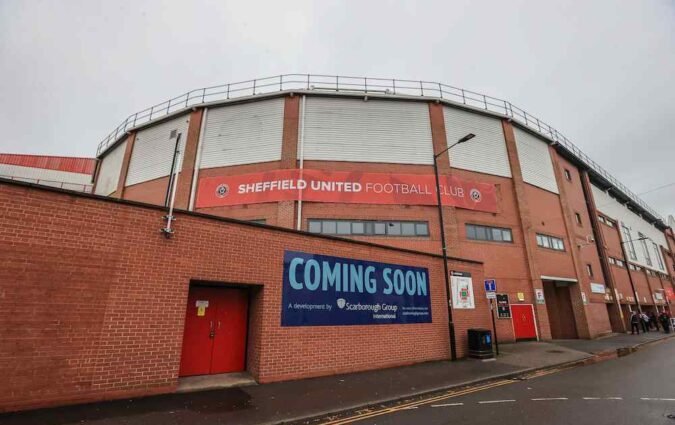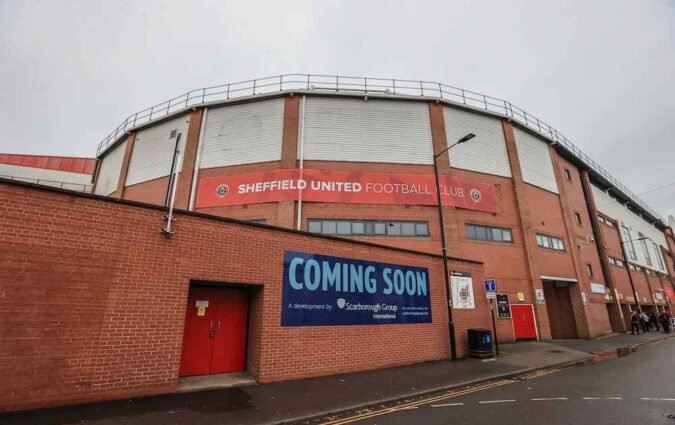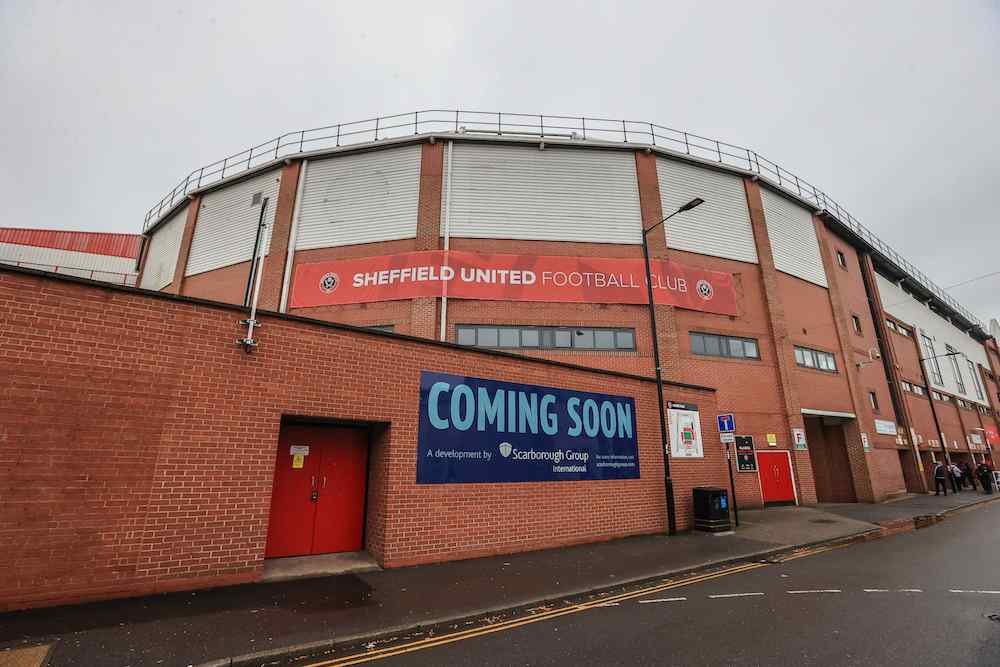2006/07 remains Sheffield United’s last appearance in the top flight this century. Even though the efforts of players like Rob Hulse, Phil Jagielka and Paddy Kenny were honest enough that season, the final tally of 38 points says everything.
Just two more goals, in the preceding ten months of league action, would have changed the course of history at Bramall Lane. After missing out on the playoffs in 2008 by a fair distance, the Blades were back in business – and looked the business – after finishing third in 2008/09.
Last season saw a United team make its closest approach yet to the playoffs but a late slump would prevent that. The loan of Ben Woodburn (as reported by BBC Sport) from Anfield is as sure a sign as any that the Blades want to retain every connection with the top flight.
Yet, with United’s odds for a promotion in 2019 already at a relatively distant 7/1 on Betway (as of 21 August 2018), there is still far to go. Back in 2009, despite being the favourites to go up, it wasn’t to be, and the starting lineup on the day that fell at the final hurdle experienced mixed fortunes thereafter.
Two Kyles and a Kenny walk into Wembley…
Sheffield United goalkeepers have to be big characters, and current custodian Dean Henderson is evidently no different. Neither was Paddy Kenny, whose post-2009 life was that of a journeyman. Before his inevitable plummet into lower leagues, he did ‘enjoy’ one more season of Premier League football in 2011/12 with QPR after leaving Bramall Lane in 2010. Those who admired his loyalty to the Blades, in the Neil Warnock and Kevin Blackwell eras, still assert that his departure played a role in the club’s immediate plummet into the third tier. There was nothing that Kenny could have done to improve QPR’s fortunes, though he did enough between the sticks to ensure that the club survived its first top-flight appearance in fifteen years. Like many goalkeepers before him, Kenny did the rounds at increasingly-lower league clubs, though he can still be seen turning out for Maltby Main, with his first season marking a nine-place leap to fifth in the Northern Counties East League (Premier) – the ninth tier of English football.

Of course, one name in the backline sticks out a mile. Kyle Walker was already being courted by several top-flight clubs, including the one he eventually moved to. Everyone knows how he quickly established himself at White Hart Lane, after spending the following two seasons on loan. Now a Premier League champion with Manchester City, his standing as England’s first-choice right-back is a full vindication of coach Paul Archer’s decision to bring Walker to the club at the age of seven. His namesake Kyle Naughton followed Walker to North London and went through the same procedure of going out on loan for several years. However, unlike Premier League champion Walker, Naughton would experience the sting of relegation with Swansea City, with Naughton being powerless to stop the club’s steady decline in the late 2010s.
The engine room
Nobody in the Blades camp right now has given up on the idea of promotion but the current crop should look elsewhere for inspiration if it comes to a playoff this coming spring. Chris Morgan’s time as a professional was not long after the playoff final of 2009. He stayed at Sheffield United until his retirement in 2012. Fellow centre-back Matthew Kilgallon is not far from hanging up his boots himself, with the veteran whiling away what remains of his career at Bradford City. Curiously, from a goalscoring standpoint, he is enjoying an ‘Indian Summer’, with four goals inside his first 50 appearances for the West Yorkshire club marking his best ever return as a professional. The midfielders in the starting XI of that fateful playoff with Burnley have experienced diverse geographic fortunes:

For elder players to go to the A-League is a common thing but joining the Indian top flight is decidedly less so. Though David Cotterill’s stay in the Indian Super League with ATK (as reported by Wales Online) was short-lived, his legacy could ultimately be one as a player who was a pioneer for English players venturing into new territory. Certainly, cricket’s Indian Premier League provides a huge precedent for English players going to that country to ply their trade and, with investment into Indian football set to skyrocket from here, Cotterill has the potential to be a middleman between the Indian Super League and his domestic connections in football.
A-lone star
With the defence and midfield of the 2009 playoff accounted for, there is only one more man to look upon; Craig Beattie. He had the unenviable task of breaking through the Burnley defence as a lone striker. It was, perhaps, not Kevin Blackwell’s wisest move to put him as the sole hitman after a return of just one goal from thirteen appearances for the Blades during his loan spell from West Brom. Nonetheless, his poor stats did not prevent him from becoming part of Paulo Sousa’s Swansea project, following David Cotterill to South Wales. His seven goals at the club, scored between 2009 and 2011, were but a small contribution to the club’s eventual promotion to the top flight. Having suffered so badly in the top flight with West Brom in 2008/09, his exile on loan to Watford – followed by a transfer to Hearts, which precipitated his odyssey across the Scottish league system – was likely an act of mercy from Brendan Rodgers.
With the exception of Kyle Walker, every member of that playoff squad will have some form of regret or another, although Paddy Kenny will always be welcome in these parts. The fact that ‘Walker’ is emblazoned on Manchester blue or England white, rather than the iconic red and white stripes of the Blades, undoubtedly makes people wonder just what could have been, had Walker become a Premier League player with his home club in 2009. Regardless, Walker can only change his future – not his past. No matter how many trophies Walker wins, and no matter how many times a Sheffield United fan has the urge to give up all hope in the current crop, the club will always have the luxury of knowing that it produced one of the best talents in the modern era. Men like the departed Welsh international David Brooks may yet fall into that category, further cementing the club’s status as a vital one to nurturing British talent.
